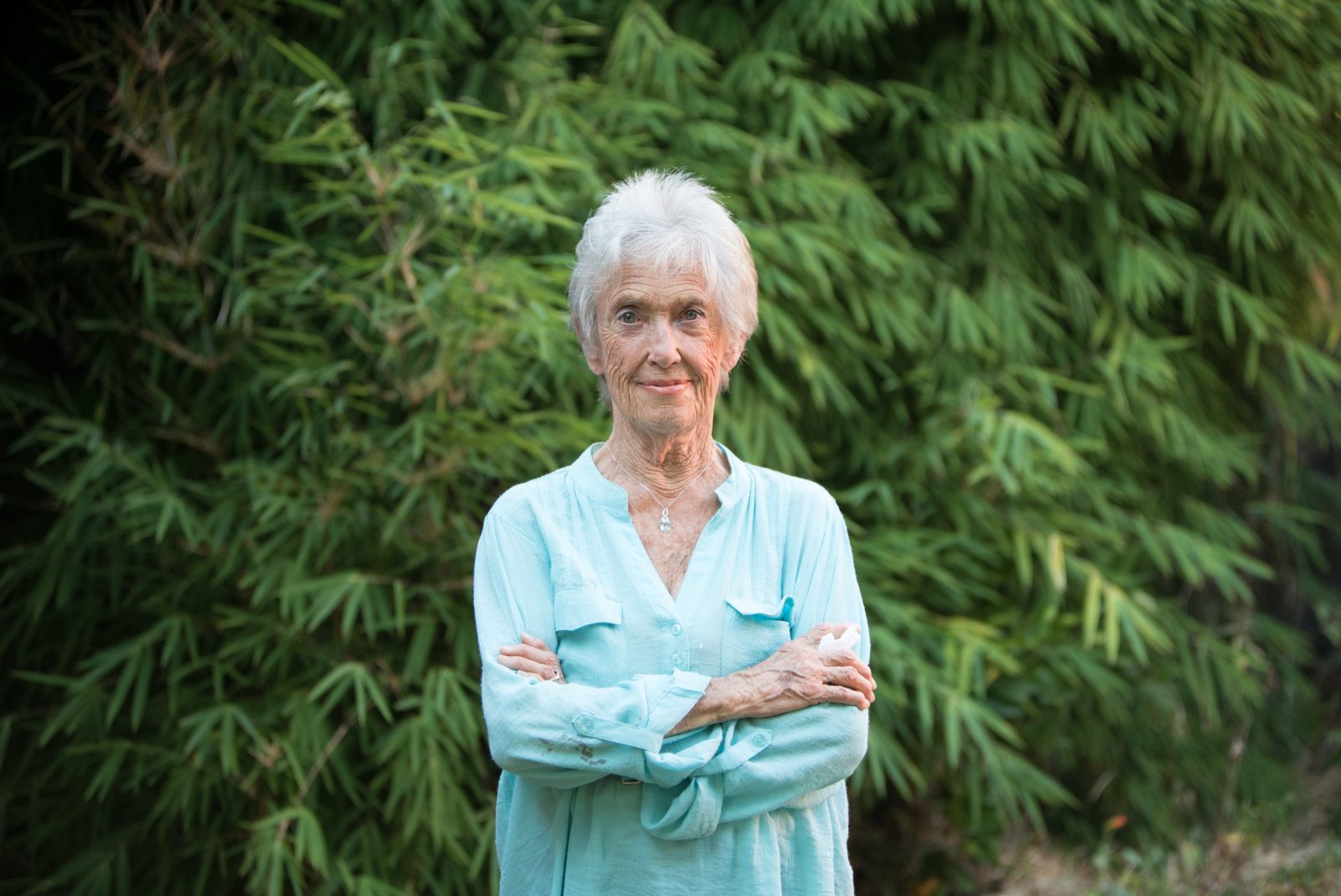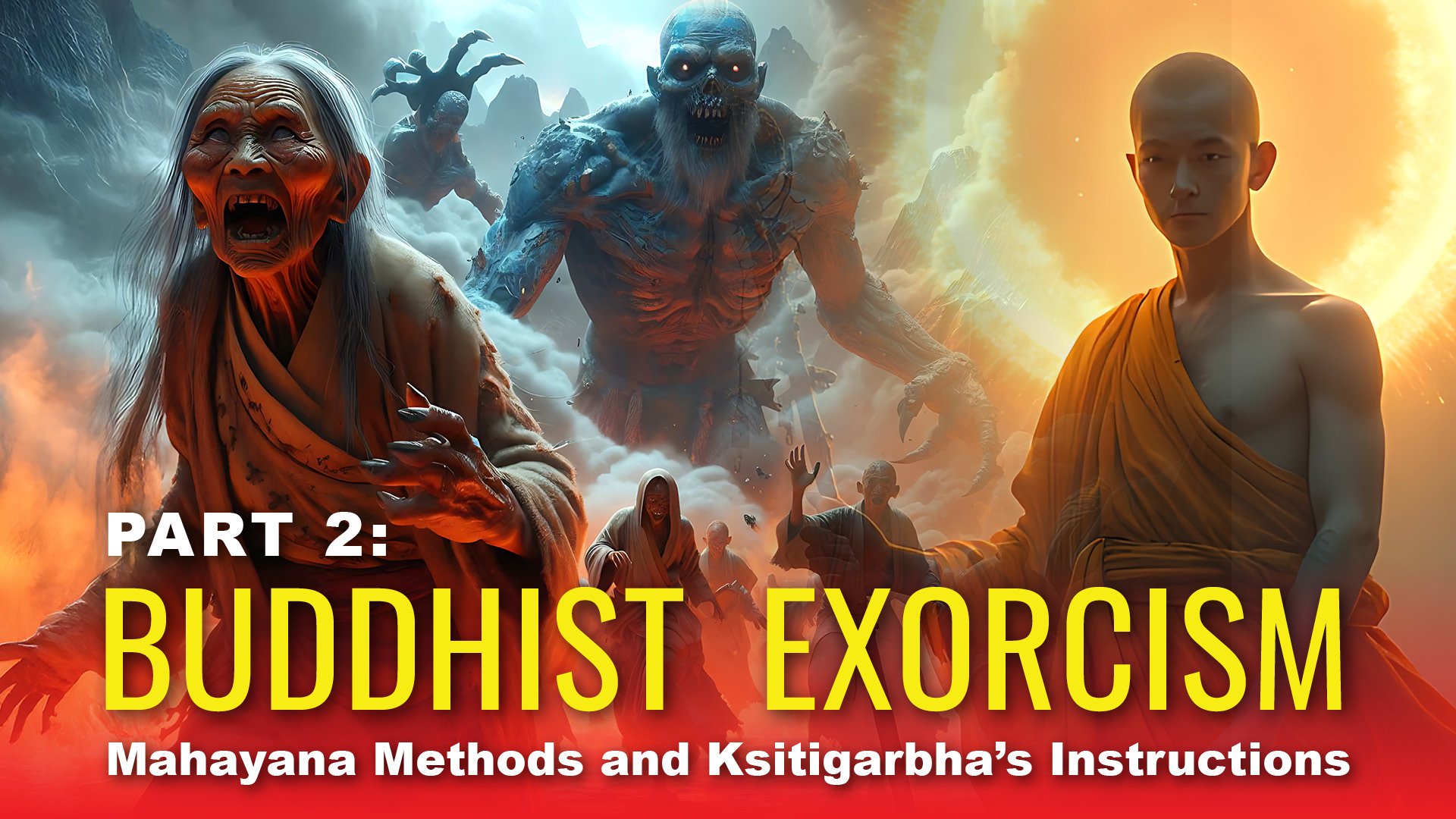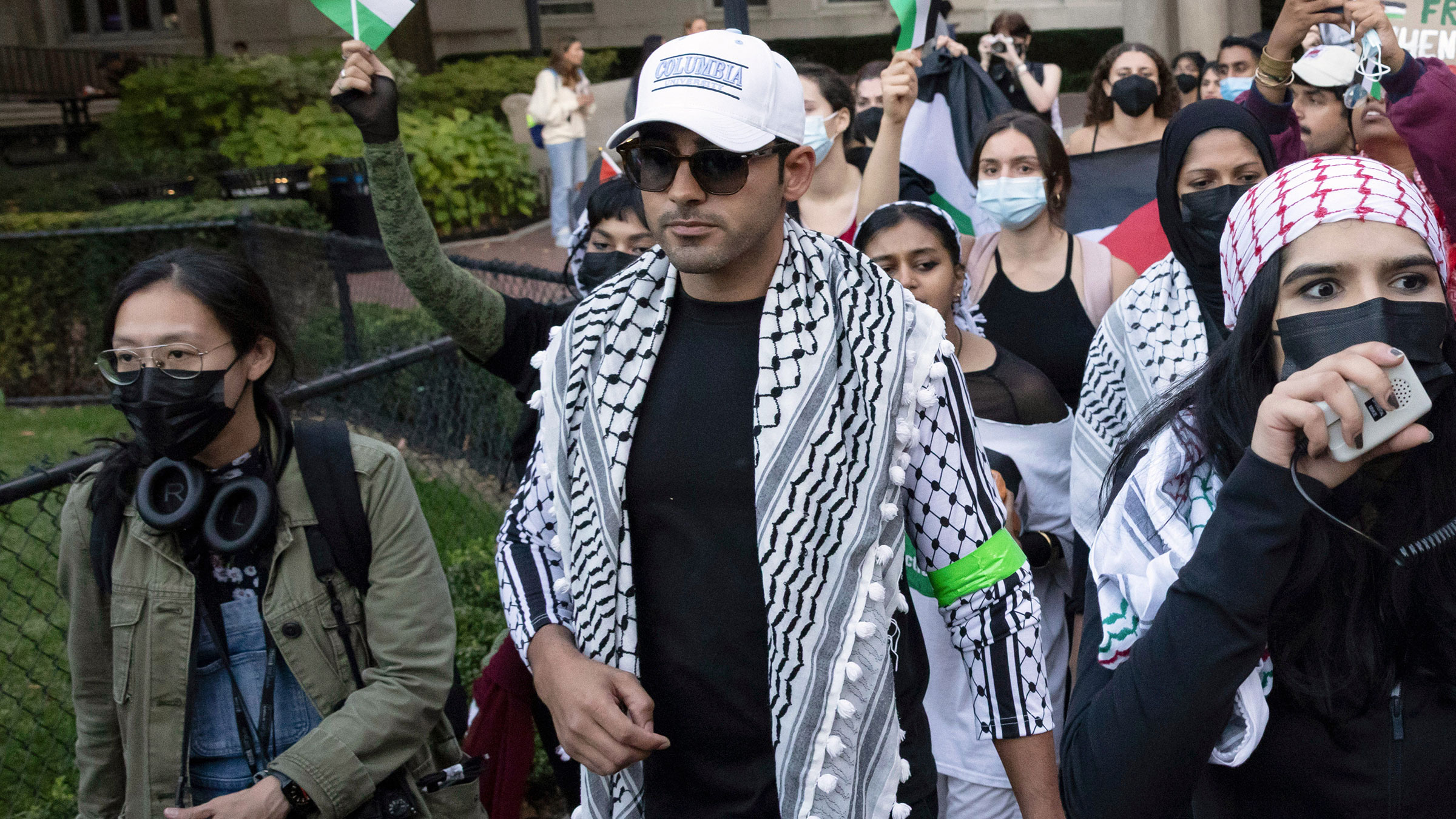Ecodharma Leader and Activist Joanna Macy Has Died
For more than half a century, scholar, Buddhist, ecologist, and "awake activist" Joanna Macy, PhD, worked tirelessly for personal, social, and planetary transformation. The post Ecodharma Leader and Activist Joanna Macy Has Died appeared first on Tricycle: The Buddhist...

“No voice has been as clear or as compelling as Joanna Macy’s in the intersection that lies between Buddhist practice and ecological movements,” said Tricycle Editor-in-Chief James Shaheen in introducing a podcast with Macy, a renowned deep ecologist and dharma elder who was famously “in love with the world” and a beacon of hope for the despairing. A teacher, author, scholar, and engaged Buddhist whose advocacy for the environment and social change spanned seven decades, Joanna Macy died on July 19 in Berkeley, California, her home for many years. She was 96 years old.
An intellectual whirlwind and polymath, she left a far-reaching legacy that includes not only her ground-breaking integration of general systems theory and buddhadharma but also community organizing, anti-nuclear and environmental activism, and translations of Rainer Maria Rilke’s poetry, much of it chronicled in two memoirs: World as Lover, World as Self and Widening Circles. Macy was widely respected for her roll-up-the-sleeves leadership in grassroots efforts to address the social and environmental crises of our day. Through books, talks, workshops, and trainings, she helped thousands overcome fear and apathy in the face of uncertainty and respond to societal upheaval with constructive, collaborative action. A longtime Buddhist practitioner, she brought a dharma-inflected sensibility to her life’s work, embodying a compassionate interpersonal ethic akin to her friend Thich Nhat Hanh’s interbeing.
A centerpiece of Macy’s efforts in recent decades was The Work That Reconnects, “a process that helps us build motivation, creativity, courage, and solidarity for the transition to a sustainable human culture.” She was the founder and root teacher of the initiative, originally known as Despair and Empowerment Work. A methodology for healing individuals and societies, the Work has been adopted and adapted by schools, church groups, community organizers, and others worldwide.
Regarded as one of the foremost systems thinkers of her time, Macy received a doctorate from Syracuse University in 1978. Her thesis, Mutual Causality in Buddhism and General Systems Theory, caused a stir in the religion department, where Huston Smith was her advisor. But her explication of mutual causality, linking codependent arising with systems thinking, struck a chord with many Buddhists, both scholars and practitioners. “Despite her philosophical acumen, she realized early that it’s not enough to present such key teachings conceptually,” professor and Zen teacher David Loy wrote in an article for Tricycle. “Her genius has been the ability to design transformative practices and workshops that enable participants to go beyond an intellectual understanding to an empowering embodiment.”
Little in Joanna Macy’s early years predicted the direction her life would take or the impact she would have in developing what she called “the ecological self.” There were hints, however, that her path would not be a conventional one. Born Joanna Rogers on May 2, 1929, she grew up in New York City. But as she wrote in Widening Circles, as a child she found the city “hideously confining” and sought solace in nature during summers on her grandfather’s Western New York farm. In an interview on NPR she told On Being host Krista Tippett, “Being in the fields, the woods, around the barns gave me a sense the world was very big and wise and intelligent.”
To survive a troubled homelife, Macy developed resourcefulness and independence that later served her well. A top student at Lycée Français, she earned a scholarship to Wellesley, where she majored in religious history, intending to become a missionary. But a crisis of faith in her senior year led her to abandon Christianity, and she went on to study international affairs in France on a Fulbright scholarship. Like many graduates of Ivy League and Seven Sisters colleges at the height of the Cold War, she was recruited by the CIA, but her intelligence career was brief. In 1953, she left the Agency to marry Francis (Fran) Underhill Macy, an international organizer. He died in 2009.
The Macys moved to Germany, where Fran worked for Radio Liberty, while Joanna mastered German. She chose Heinrich Harrer’s Seven Years in Tibet as her text at interpreters’ school and developed a passion for the poetry of Rainer Maria Rilke. One poem in particular “immediately rearranged in the furniture of my mind,” she told Tippett. It gave her a sense the world was sacred and, later, the title for her second memoir.
I live my life in widening circles
that reach out across the world.
I may not complete this last one
but I give myself to it.
I have been circling around God, that primordial tower.
I’ve been circling for thousands of years
and I still don’t know: Am I a falcon,
a storm, or a great song?
The Macys returned to the US in 1960 when Fran joined Voice of America. By then the mother of three, Joanna was hired by the State Department to help settle African diplomats assigned to Washington, DC. It was a harbinger of the cross-cultural currents in her career from then on.
She was already in her mid-30s in 1965 when she first encountered Buddhism, but it became a defining force in her life. While her husband was overseeing Peace Corps volunteers in India, Joanna assisted Freda Bedi, a British transplant recruited by Prime Minister Nehru to resettle Tibetan Buddhist refugees fleeing the Chinese occupation. Among them were lamas whose monastic education had been cut short. Dugu Choegyal Rinpoche, a young tulku who was a student of the Drukpa Kagyu master Khamtrul Rinpoche, became a close and lifelong friend. “The company of these Tibetans filled me with a kind of wild gladness,” Joanna wrote in Widening Circles. “I felt increasingly drawn to the religion—or whatever it was—that had shaped their minds.” Meeting the Tibetans was a turning point, and years later she was among the first few Westerners allowed to enter Tibet after the Chinese takeover.
Returning to DC in 1969, she was soon involved in civil rights and anti-Vietnam war efforts and began Buddhist studies at George Washington University. In 1972, she transferred to Syracuse University, when her husband again relocated for work. Two years later, when Freda Bedi—by then Sister Karma Khechog Palmo, the first Westerner to take vows as a Tibetan Buddhist nun—accompanied the 16th Karmapa to America, Joanna took refuge with her. Macy’s subsequent teachers were Theravadans, including Anagarika Munindra.
In the late 70s, Macy further expanded her commitment to social change by training with famed community organizer A.T. Ariyaratne, head of Sarvodaya Shramadana Sangamaya, a Buddhist-inspired self-help movement in Sri Lanka. On her return to the US, she began offering workshops on Despair and Empowerment in the Nuclear Age, even taking them to the Soviet Union after the Chernobyl disaster.
Work with activists like Ariyaratne drew Macy more deeply into the integration of Buddhist practice and environmental activism. Her book Thinking Like a Mountain: Towards a Council of All Beings, co-authored with John Seed, Pat Fleming, and Arne Naess, was a seminal work in deep ecology, a perspective that eschews an anthropocentric view of life in favor of one that considers all parts of the ecosystem equally important to the functioning of the earth.
In the 1980s, Macy extended her concern to safe energy and containment of radioactive materials. In A Wild Love for the World, a tribute to Joanna published in the decade before her death, environmentalist and Zen Buddhist Stephanie Kaza wrote, “For Macy, deep time arises from gazing fiercely at the implications of nuclear waste—a legacy for thousands of years to come.”
Her concern about nuclear contamination allied Macy with Naropa, the Buddhist university founded by Trungpa Rinpoche in Boulder, Colorado, where faculty and students had demonstrated at a nuclear weapons plant nearby. Joanna taught in Naropa’s master’s program in environmental leadership, and in recognition of her contribution, the university established the Joanna Macy Center in 2015.
Macy’s seventeen books and countless publications, written alone or in collaboration, reflect her wide-ranging interests, from environmental and social activism to Buddhism to Rilke’s poetry, which she translated for three volumes. Her “wild love” for the world, indeed for all of life is a central theme throughout.
“The present moment, brief as it is, is our gift, our choice point.”
Well into her 90s, she was still advocating for the world—and the dharma. A focus of her teaching in the last decade of her life was what she called “the Great Turning,” the necessity for a shift from an industrial-based society to a life-sustaining one. Participating virtually in Tricycle’s Buddhism and Ecology Summit in April 2022 from her home in Berkeley, California, Macy was characteristically upbeat but realistic in her talk, “The Dharma and Destiny of a Planet People.” In facing the “terrible situation for our planet” today, she said, “I think it’s very important to feel baffled and overwhelmed.” Instead of despairing, she urged approaching the crisis as a “birthing time as well as a dying time. Forces and capacities are ready to birth inside each one of us if we keep our spunk and courage.”
Calling the current crisis “this positive disintegration that’s happening” in conversation with James Shaheen, she framed it as an opportunity to move away from destructive hyperinvidualism “and come back together into a deep belonging that is intrinsic.” Though Shaheen said he found the phrase “positive disintegration” inspiring, he still wondered if there was cause for hope. “In the buddhadharma there’s no word for hope,” Macy countered. “because hope takes us out of the present moment. The present moment, brief as it is, is our gift, our choice point.”
Hospitalized in February 2023, her breath just a whisper, Macy suggested to a visitor, “Let’s look out on those beautiful redwood trees. They feel as though they are hugging me from both sides.”
She rallied then and, undaunted, carried on. “The world is spacious and alive now, and even sacred,” she said. “I am so grateful to be here and to be of service.”
Witty, opinionated, and loyal, Joanna Macy was a much-admired mentor and treasured friend. Her death leaves a yawning gap in the circle of activists and Buddhists working for ecological and social change. But her foresight and pragmatic thinking will live on in a vast network of students, colleagues, and collaborators pledged to building a life-sustaining world through personal and societal transformation.

 Tekef
Tekef 




























_1.jpg)

